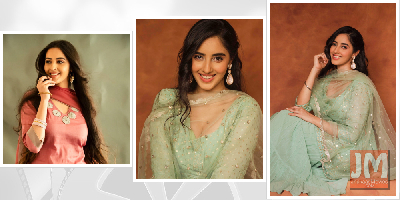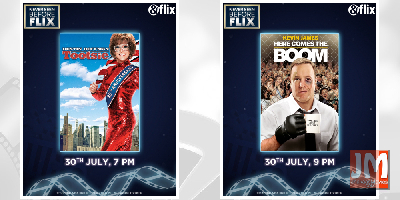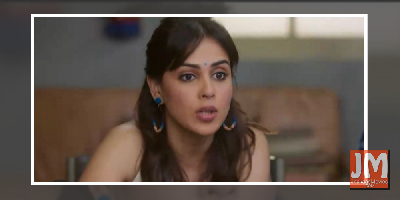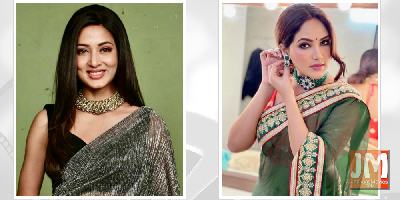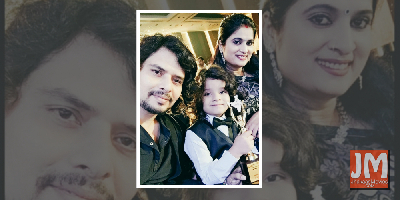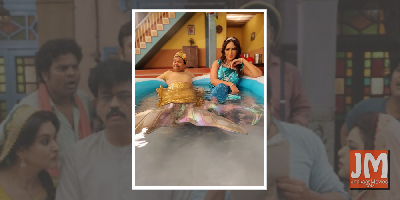 Aan Tiwari honoured with Best Child Actor award for Baal Shiv
Aan Tiwari honoured with Best Child Actor award for Baal Shiv Ghategi rahasymayi ghatnaye!
Ghategi rahasymayi ghatnaye! Amazon Prime Video unveils the 2021 Festive Line-up; brings a heady mix of Indian and International titles on the service
Amazon Prime Video unveils the 2021 Festive Line-up; brings a heady mix of Indian and International titles on the service Release: Music video of, Yeh Haalaath, from Mumbai Diaries 26-11
Release: Music video of, Yeh Haalaath, from Mumbai Diaries 26-11 Bhumi Pednekar feels she shares feel-good value with Akshay Kumar on screen
Bhumi Pednekar feels she shares feel-good value with Akshay Kumar on screen
Stars lack political draw (Column: B-Town)
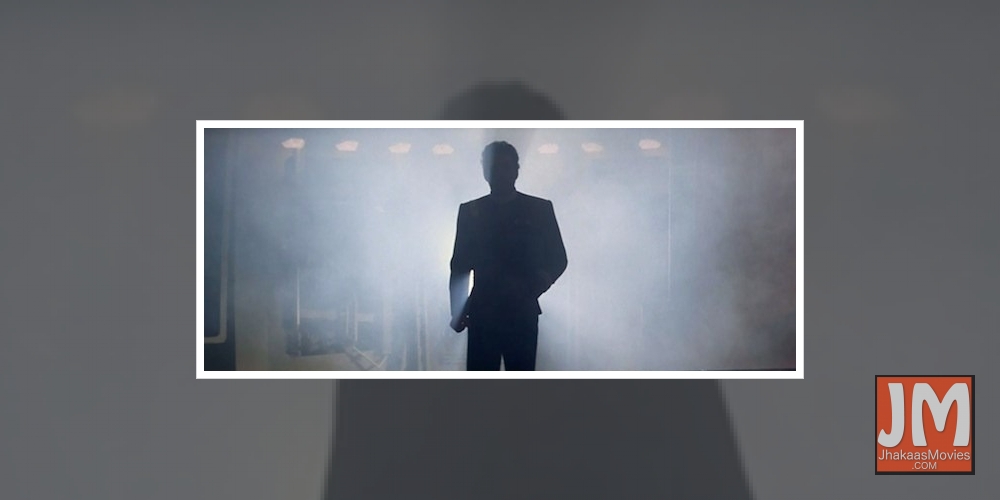
BY VINOD MIRANI
The film folk and politics have an eternal give-and-take relationship. While filmstars are expected by the politicians to give, the politicians in return have always considered it their birthright to take from them.
The filmstars as well as well-known film celebrities have always been vulnerable and bent over backwards to please the political class. All of it gratis. What did they get in return? Not much, nothing at all, really.
The stars still continue to bow to the wishes of the politicians. Why is that? Maybe it is psychosomatic. Even now, the fear that was once instilled in their mind, carries on.
In the days gone by, the film industry, especially the stars, were totally under the thumb of the rulers. They wanted to be kind of in the good books of the rulers. Because the governments at the Centre and the states had a control over everything connected with the film industry. The film folk paid at every stage from filmmaking to film processing to excise duty to censors to a score of cinema taxes besides entertainment tax. And, there was the perpetual threat of income tax raids.
At every stage, the film folk were dependant on governments, the Centre as well as states, and any minister or bureaucrat could create hurdles on whim and fancy. The film industry has always been divided, especially the Hindi film industry. There were as many as three producers' associations. Instead of putting up a united front for the cause of its producer members with be the government or any other union representing other wings of filmmaking, these associations considered each other as rivals.
In fact, there was a kind of class system that existed where these associations were concerned. The elite, rich filmmakers were the members of the Film Producers' Guild where the membership was by invitation only. Then there was Indian Film Producers' Association (IMPPA) which was open to all, and then there was Western India Film Producers' Association with nominal annual subscription and the members were mostly regional or the small-time Hindi filmmakers. Sadly, even for their own good, they never united whatever the cause.
The breaking point came with the Emergency, when some filmmakers like Dev Anand and Vijay Anand took the lead to form a political party to counter those who enforced such dictates. That, I suppose, was the first move on the filmmakers' part to enter the politicians' own domain and take them on. But as always, there was no unity. Most thought of not confronting the rulers rather than join Dev Anand's move.
Somebody soon realised that if you can't beat them, join them. So, instead of forming a front to counter the rulers, film folk, especially the actors, decided to join the political parties and even offer to contest elections.
Initially, the intent and the entry was slow. Amitabh Bachchan agreed to contest Lok Sabha election from Allahabad, just to honour his friendship with Rajiv Gandhi in 1984, to be disillusioned soon enough, and gave up politics three years after winning. His move was followed by Sunil Dutt, a staunch Indira Gandhi supporter and of the Congress (the only political party in reckoning at that time). Rajesh Khanna, also a Congress candidate, who had joined the party to campaign in 1984 on the insistence of Rajiv Gandhi, was next to step in. He contested elections from New Delhi and lost to BJP stalwart LK Advani but was elected in a by-election in 1992, contesting against his fellow industry star, Shatrughan Sinha. Sinha won two elections, but soon found himself out of favour with his party, BJP. Denied a candidature, he joined the Congress and let his son Luv Sinha contest Bihar Assembly elections, only to lose.
By the end of the 20th Century, the stars saw the rise of BJP and probably thought it was now safe and wise to join in, whereby also giving vent to their frustrations against the Congress. The floodgates opened.
Initially, veterans like Sunil Dutt, Shatrughan Sinha, Dharmendra, Vinod Khanna, Raj Babbar entered the fray. Babbar has been party-hopping since, first the Samajwadi Party and later the Congress, only to be disgraced in the 2019 elections, losing with a whopping margin of almost 5 lakh votes. Mithun Chakraborty, initially with his leanings to the Communist Party, accepted Rajya Sabha membership from TMC but recently decided to campaign for BJP. Paresh Rawal contested from Maninagar in Ahmedabad, a seat which Narendra Modi had won earlier so he had no chance of losing. But, like a few others, he did not opt for a second term.
The actor and other film folk joining politics has long been an accepted norm in the South. There, political background coupled with the Dravidian background rules the political scene. Two local parties represent Dravidian movement and the regime keeps alternating between the two Dravidian parties, AIADMK and DMK. Khushboo, a top star at one time, joined DMK in 2010 but left after just about a month to join the Congress. She left the Congress to join the BJP and contest Tamil Nadu local elections this year only to lose badly to a DMK candidate. And, to think that Khushboo, as an actor, was so popular once that a temple was erected in her honour!
The same was the case with erstwhile superstar Kamal Haasan. He formed his own party and campaigned vigorously. Not only did he not enjoy the backing of any Dravidian party but also his stand and comments were seen as controversial and divisive. Neither Kamal, founder leader of his party MNM, nor any of his 151 contestants managed to win! Earlier, Prakash Raj, a veteran of many films, though popular as an actor, decided to contest from Bengaluru and managed a bare three per cent of the votes while his rivals from the BJP and the Congress shared the remaining 97 per cent.
In the recent Bengal elections, more actors belonging to the TMC party won than the BJP. Because, it is not the star but the party matters to voters.
Actors usually join politics when their film careers are on the ebb. It is not possible to carry on both simultaneously as was proved by Lok Sabha MP Govinda. His attendance in Parliament was so poor that he could not take the criticism, and he resigned before completing his term.
Presently, we have a few film fraternity members in Parliament. None of them is known to be on record for doing anything noteworthy. They have not even presented the film industry's problems to the government or be of much help in any way.
What has emerged over a period from the study of the political careers of film people in politics is that most don't have the magnetism, connect or ability to win on their own. Not even those who have a solid box office draw. They have to ride with a political party. And, a right party at the right time at that.
(Vinod Mirani is a veteran film writer and box office analyst. The views expressed are personal)
Tags: Cinema, Showbiz, Lifestyle, Fashion, Quote Unquote


